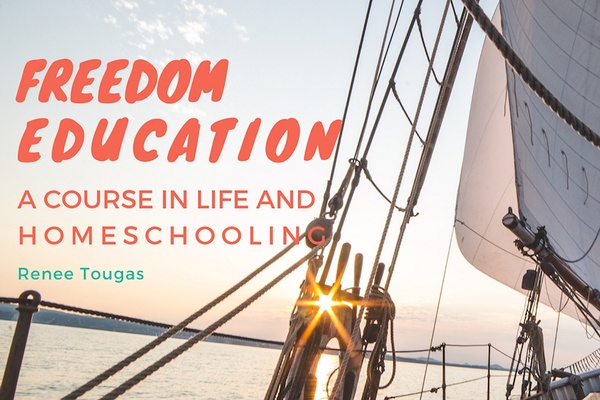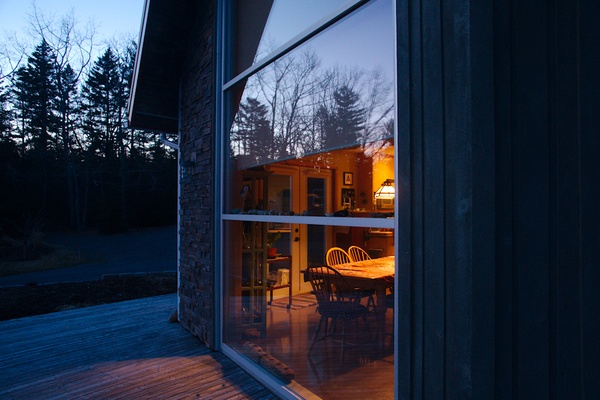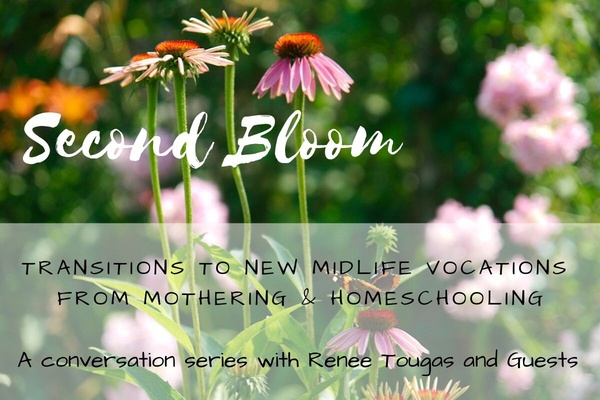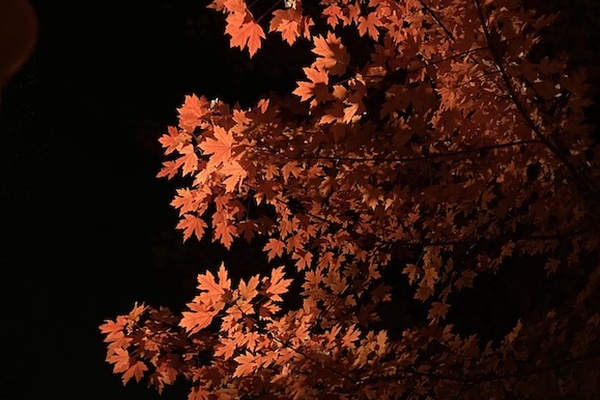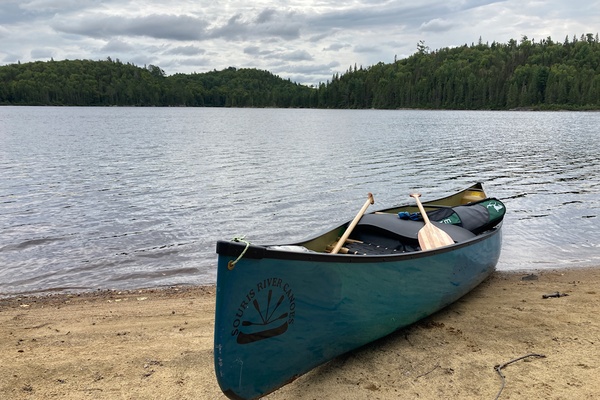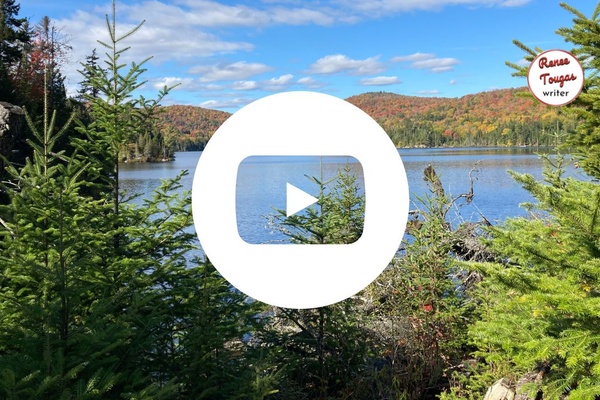Get posts by email
My Philosophy of Education
January 24, 2024
I’ve been thinking about this for 25 years. Practicing it for just as long. Writing through its evolution for 20 years. And finally, in just the last four months, I have been crafting it as a publishable document by applying philosophical concepts and frameworks in analysis and reflection on this quarter century of thought and practice.

If I could toot a celebratory horn or play a drum roll I would!
I have produced a work of significance to me, a founding document of sorts for any future work I hope to do in education.

I can now articulate my philosophy of education. I can tell you how I got here, what formed these thoughts, and how these ideas inform my actions.

I am basking in a sense of relief to have this finally done, finally written.
You can access, read, and download my philosophy of education here. It’s too long for a blog post and the formatting as an academic essay doesn’t lend itself well to a blog publication.
I will be updating my homeschool and education landing page shortly, where my philosophy of education will have its blog home and be easily accessible and findable for readers interested in my education and homeschool writing. My goal is to get paid to work in education, to earn an income from my experience, education, and labours in that field (name it and claim it, baby). I’m re-working that landing page with that goal in mind but also with the goal of having a better portal to 20 years’ worth of homeschooling and education writing and teaching here on this blog.

You’ll have to read the paper for the story of how my philosophy came to be, why I wrote it now, and for an analysis of the philosophical, spiritual, and psychological frameworks it draws from.
But here is a summary statement and excerpt:
What follows are my core philosophical axes. Autonomy, freedom, self-determination are the human drive and aim. Relatedness and belonging are our state of being and existence in the world. The directionality of freedom within the condition of non-separation necessitates, predicates, and indicates a relational responsibility, where self-sovereignty is oriented to the flourishing of all. Many details and specifics are missing from this three-sentence summary. However, I call these my axes because they help me plot a trajectory toward answering various philosophical inquiries and their application to my life, if not always an arrival at a specific destination. Therefore, my philosophy of education, as it stands today, is not a written one-page summary of ideas about learning, education, or homeschooling. It is not a blueprint to be reproduced but an orientation where educational ideas and the actions they inform must be consistent with human freedom, relatedness, and relational responsibility. (Tougas, 2024).
Wanna know how homeschooling revealed the chasm between my embodied spiritual and philosophical beliefs and my inherited beliefs? Or how homeschooling allowed me to practice a pedagogy that was consistent with the psychological theories of my undergrad education? Theories, by the way that simply can’t be realized in a coercive, compulsory school system.

Wanna learn how I have feminist theorists and pedagogues from the late 20th century to the present to thank for their contributions to the field of education philosophy? And just as importantly, to thank for empowering me to confidently assert motherhood’s embodied wisdom and knowledge within academia and other traditionally male-dominated, authority-wielding institutions.
The privileging of a male-informed viewpoint for hundreds of years of scholastic and ecclesiastic history is itself based on a specific philosophical perspective on knowledge. Answers to the questions - what is knowledge? who has it? how do we know or ascertain it? - have perpetuated the perceived inaccessibility and "out there-ness" of western philosophy.

If you're interested in any of this, read the paper.
This paper is about where I come from, what I value and believe, and the experiences that shaped those beliefs. It’s about philosophy (yes, even big philosophical words) and trying to live a life of integrity. And it’s about education and what I believe education should be based upon and seek to achieve.
I’ve been writing philosophical ideas on this blog for many years, well before I had acquired a knowledge that would allow me to articulate, with any confidence, those ideas in the language of philosophy. Like that time I had to google existential crisis to make sure I understood what the word existential meant.

I’m glad I didn’t let my ignorance stop me from writing my experience and inklings, my “this is what it feels like to be me”. As you’ll see in this paper, I applied the knowledge I now have to twenty years of writing to identify the philosophical precepts I was and am now operating from.
The frameworks and ideas I’ve learned in grad school have been like a decoder ring for understanding myself and the world better. In this paper, I hold that decoder ring to years of writing to reveal the philosophical ideas behind the writing. Ideas that were beyond my knowledge and skills, at the time, to express.
I rarely give explicit endorsements or recommendations for action in my writing. But here is one: write what you think, believe, and experience.
My writing has changed so much over the years, and my ability to express my thoughts has improved through the practice. I am driven to keep doing this so that in 10 or 20 years, I will feel that much more able to express my ideas and marvel again at what I can unearth from the words I write today.

We all live philosophical ideas and have ideological frameworks we operate from, even if we can’t articulate them. I just happen to have a very strong drive and need to understand and express these things.
Feel free to reach out via email (renee@tougas.net) if you’d like to chat about the paper or philosophies of education or homeschooling. I love this kind of thing and would be available for an online chat in a heartbeat if you share a similar interest or need to discuss big ideas and their practical applications in our lives and relationships. (Or how our lives and relationships actually reveal the big ideas we live by.)
Resource Library
You can subscribe to comments on this article using this form.
If you have already commented on this article, you do not need to do this, as you were automatically subscribed.
